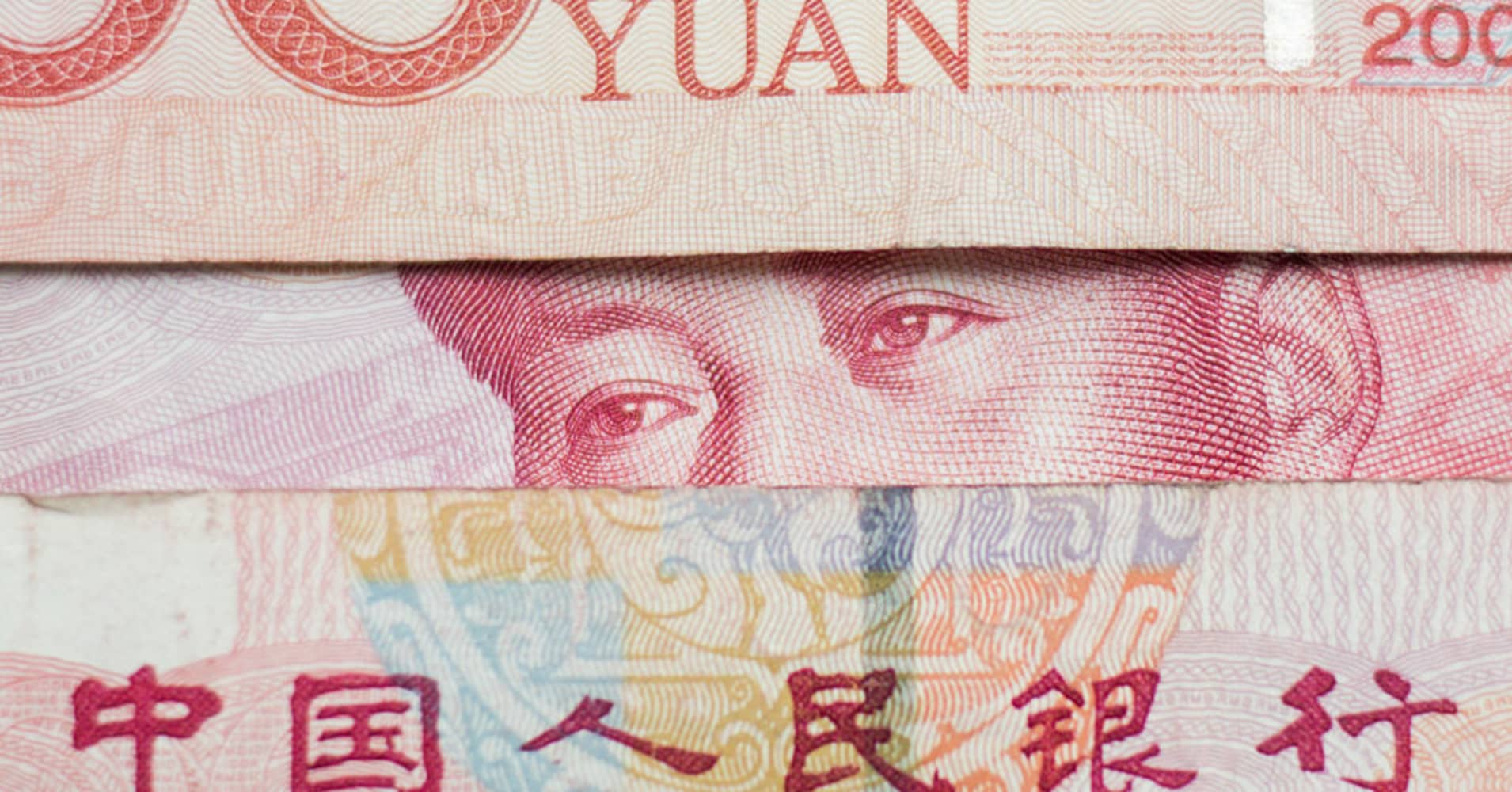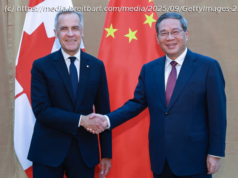 China’s foreign exchange reserves fell for a sixth straight month in December but by less than expected to the lowest since February 2011, as authorities stepped in to support the yuan ahead of U. S. President-elect Donald Trump’s inauguration.
China’s foreign exchange reserves fell for a sixth straight month in December but by less than expected to the lowest since February 2011, as authorities stepped in to support the yuan ahead of U. S. President-elect Donald Trump’s inauguration.
Reserves fell by $41 billion last month to $3.011 trillion, central bank data showed on Saturday, following a drop of $69.06 billion in November.
Economists polled by Reuters had expected reserves to drop $51 billion to $3.001 trillion, from $3.052 trillion at the end of November.
The yuan depreciated 6.6 percent against the surging dollar in 2016, its biggest one-year loss since 1994, and is expected to weaken further this year despite authorities’ latest attempts to slow its descent.
Adding to pressure on the currency, Trump has vowed to label China a currency manipulator on his first day in office on Jan. 20 and has threatened to impose huge tariffs on imports of Chinese goods.
While the world’s second-largest economy still has the largest stash of forex reserves by far, it has burned through half a trillion dollars since August 2015, when it stunned global investors by devaluing the yuan.
If forex reserves continue to be depleted at a rapid pace and capital flight continues, some strategists believe China’s leaders may have little choice but to sanction another big «one-off» devaluation which would roil global financial markets.
China’s gold reserves fell to $67.878 billion at end-December from $69.785 billion at end-November.






